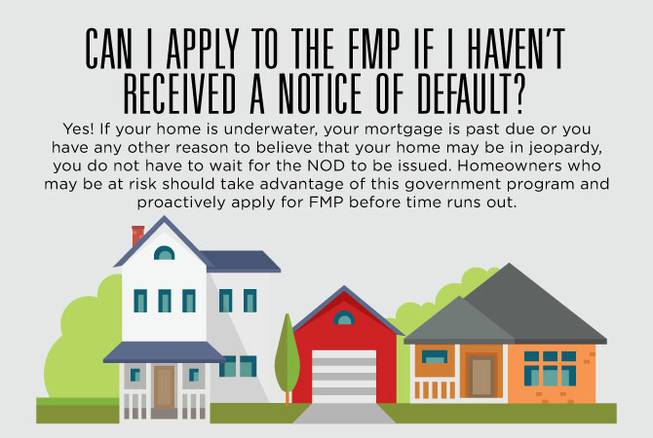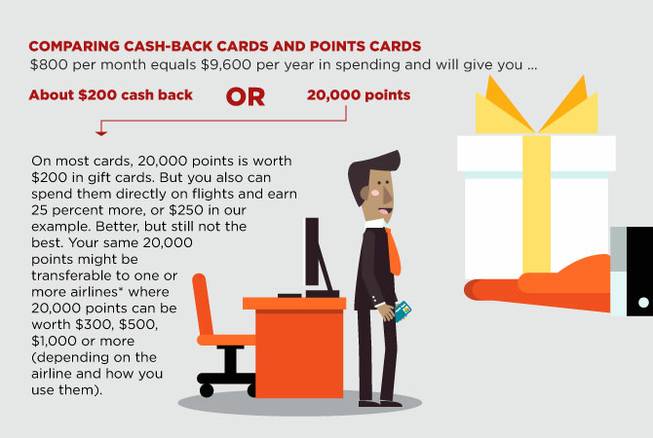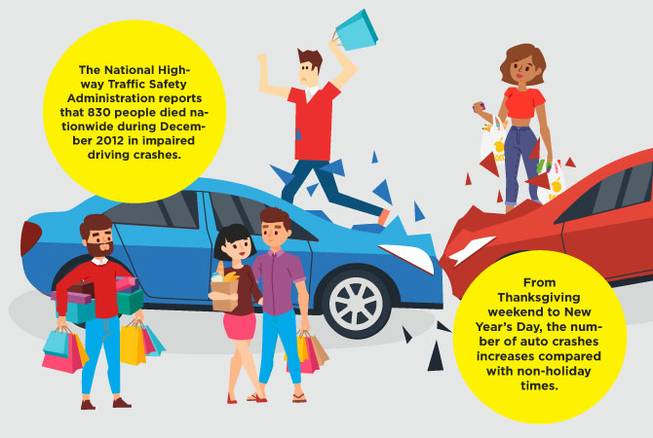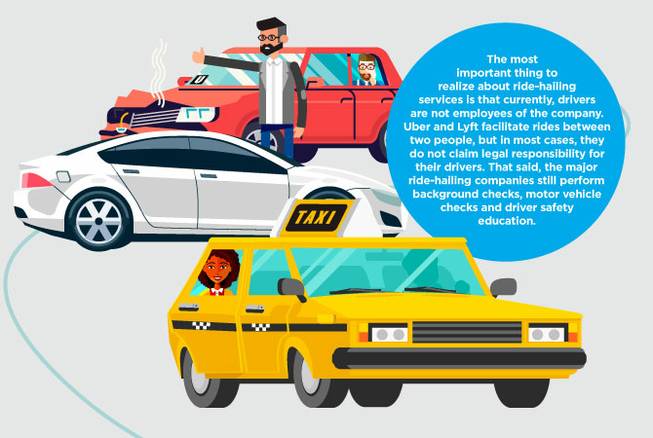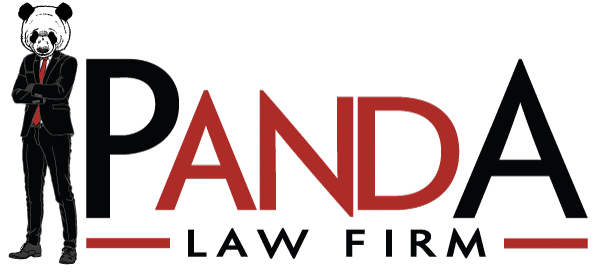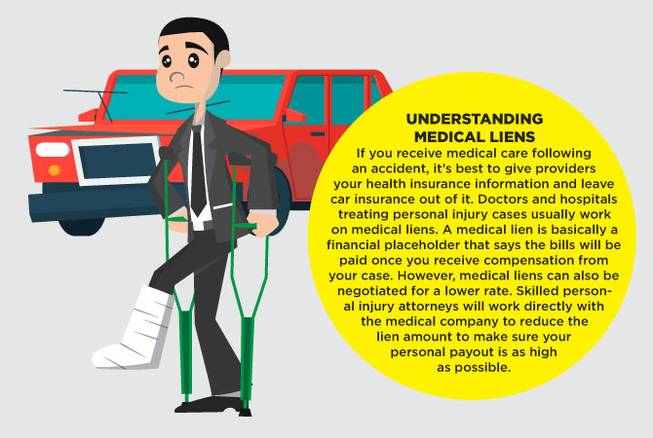
Question: I was involved in a car accident that left me with substantial medical bills. I’m already getting calls from the insurance company about a settlement. I want to resolve the issue quickly, but I still have follow-up appointments with my doctor and I’m worried the settlement amount won’t cover the full cost of my expenses. What should I do?
Answer: You’re right to be cautious about the settlement offer and you should almost never accept a settlement for a personal injury claim until you’re sure all your medical care is finished.
While a settlement can seem like a good deal — at least they’re willing to pay you something now — you have to remember that it’s the insurance company’s job to pay as little as possible, if at all. The situation can be overwhelming, but you need to be patient with the process and have a personal injury attorney review the settlement before you agree to anything.
There are many moving parts to a personal injury case and unfortunately, one misstep can land you footing the check for thousands of dollars in medical bills.
Here are the basics to understanding if you have a personal injury case and for navigating the aftermath.
Were you at fault?
Yes…
You have no claim against the other driver. Any damages or injuries will have to go through your own insurance agencies and/or be paid for out-of-pocket.
No…
If you weren’t at fault for the accident, you have to be able to prove it.
Obtain a copy of the police report you filed at the scene, photos, videos and notes of what happened and what damages/injuries occurred. Also gather witness contact information if they’re willing to provide further testimony.
If you decide not to consult an attorney, share this information with your insurance company immediately after an accident (even if you weren’t at fault) and explain the accident using as much detailed information as you can.
Were you injured?
Yes…
Having a police report and/or a report from the emergency medical responders will be integral for making your claim.
File away all reports, diagnostic information and bills from any treatment you receive, including receipts from prescriptions and/or assistive devices (splints, crutches, etc.) if applicable.
If you had to miss work because of your injury, note the dates, hours and any documentation from your employer so you can include lost wages in your claim.
No…
Even if you weren’t at fault, if there were no injuries, you probably don’t have a claim.
Regardless of how upset or angry the accident made you (assuming you didn’t seek psychiatric treatment), pain and suffering can only be claimed if there were injuries to back it up.
Does the other driver have insurance/enough insurance to cover your bills?
Yes…
You need to contact their insurance company in the days following the accident (if you have an attorney, let the attorney do this). Do not sign or verbally agree to any release claims until you’re sure that the insurance company will be paying the full cost of your bills.
If they offer you a settlement, contact a personal injury attorney to review the terms before signing anything. The settlement may need to be renegotiated for a higher price, and/or to account for any ongoing treatment you require (such as physical therapy).
Once you get an attorney involved, be sure that the insurance company contacts them directly for any further correspondence.
No…
If the driver at fault doesn’t have enough insurance to cover all your expenses, if their insurance company denies the claim or if they don’t have insurance at all, you need to get a personal injury attorney involved immediately (if you haven’t done so already).
You may be able to sue the driver individually for your expenses, but this can get complicated quickly. Once you accept an insurance payout, even if it doesn’t adequately cover your expenses, you release the driver and their insurance company from any and all future claims.
It’s usually recommended to accept an insurance payout when possible, rather than sue the individual (especially for expensive claims) because the individual can then file bankruptcy—wiping out their personal liability in the case.
Suing the individual should generally be your last option but it depends on the specifics of the case, which is why legal counsel is so important in accident cases.
Understanding medical liens
If you receive medical care following an accident, it’s best to give providers your health insurance information and leave car insurance out of it.
Doctors and hospitals treating personal injury cases usually work on medical liens. A medical lien is basically a financial placeholder that says the bills will be paid once you receive compensation from your case. However, medical liens can also be negotiated for a lower rate.
Skilled personal injury attorneys will work directly with the medical company to reduce the lien amount to make sure your personal payout is as high as possible.
°°°
If you have a question you’d like to see answered by an attorney in a future issue, please write to questions@PandALawFirm.com or visit PandaLawFirm.com.



